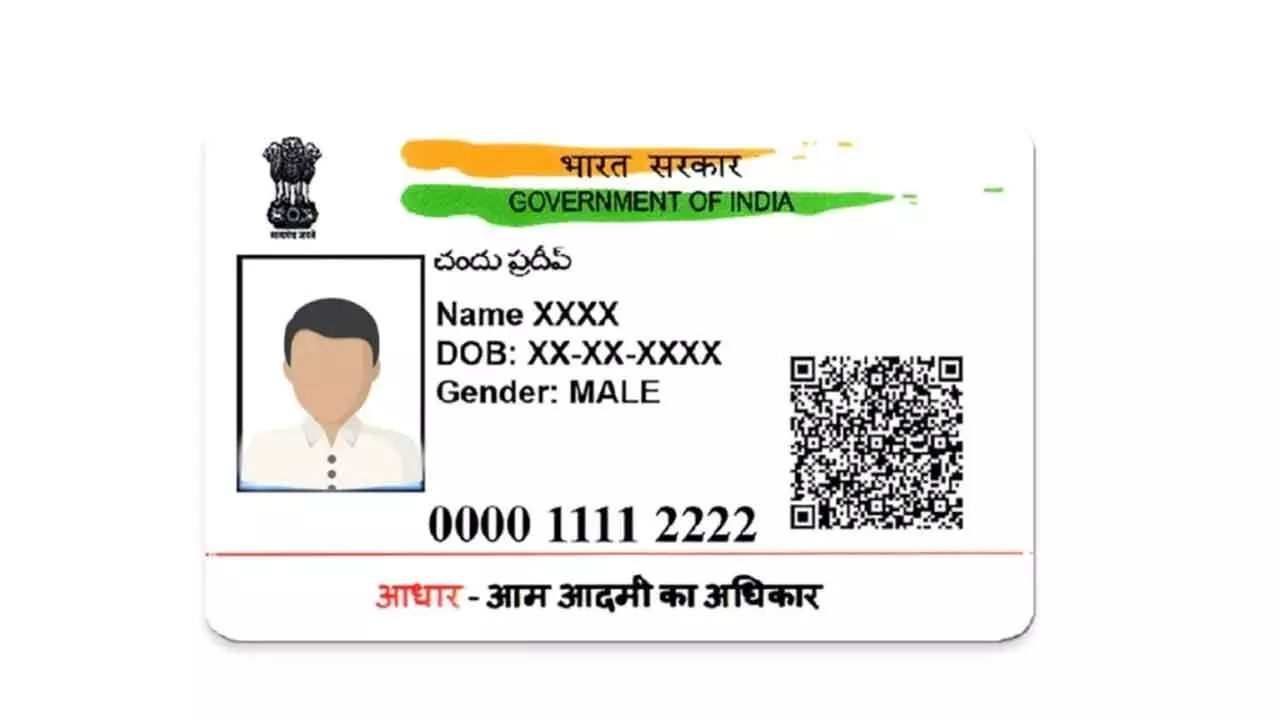Bihar Voters Up in Arms: Is Your Aadhaar Card Not Enough for Citizenship Proof?
As Bihar gears up for elections, a controversial Election Commission directive stating Aadhaar isn't citizenship proof has sparked outrage and a Supreme Court challenge. Discover why voters are pleading for clarity and how this impacts their right to vote.
Bihar Voters Up in Arms: Is Your Aadhaar Card Not Enough for Citizenship Proof?

Just months before the crucial assembly elections, a wave of apprehension is sweeping across Bihar. The cause? A contentious declaration from the Election Commission (EC) that has left countless voters questioning their fundamental right to participate: the assertion that an Aadhaar card is not sufficient proof of Indian citizenship. This directive has not only fueled widespread unrest but has also drawn the attention of India's highest judicial authority, the Supreme Court.
On Thursday, July 10th, the apex court delved into the heart of the matter, directly questioning the EC on the rationale behind this unexpected pronouncement. The gravity of the situation was underscored by a judge on the bench, who, during the hearing of pleas from voters embroiled in Bihar's Special Intensive Revision (SIR) of voter lists, candidly admitted his own potential inability to furnish all the mandated documents, especially given the stringent timelines.
The Supreme Court's scrutiny was prompted by Senior Advocate Gopal Sankaranarayanan, who highlighted the apparent contradiction: while the Representation of the People Act accepts Aadhaar as a valid document, the Election Commission is now reportedly rejecting it for the Bihar SIR. In response, Senior Advocate Rakesh Dwivedi, representing the EC, firmly stated, "Aadhar Card cannot be used as proof of citizenship."
Justice Sudhanshu Dhulia weighed in, observing, "…citizenship is an issue to be determined not by the Election Commission of India, but by the MHA (Ministry of Home Affairs)." However, the EC's lawyer countered, citing Article 326 of the Indian Constitution, which grants the poll panel the authority to verify citizenship for electoral rights.
The timing of this entire exercise, initiated in late June, also raised eyebrows within the Supreme Court. The bench expressed concern that if the EC were to disenfranchise individuals, those affected would be forced into a "rigmarole" of appeals, potentially denying them their right to vote in the upcoming elections.
Adding to the complexity, the Supreme Court questioned the EC's demand for 11 different documents to prove citizenship. While the EC clarified that Aadhaar serves as proof of identity, it maintained that citizenship requires a distinct set of supporting documents.
The apex court further pressed the Election Commission on the eleventh-hour revelation of these stringent citizenship document requirements, just three months before the elections. While acknowledging the importance of "purging electoral rolls through an intensive exercise in order to see that non-citizens don't remain on the roll," the bench expressed reservations about the proximity of such a drive to a proposed election.
Justice Bagchi interjected during the proceedings, asking, "My question is, why to link this process to an incoming election at all?"
In response to the mounting pressure, the EC's lawyer assured the court that no voter would be removed from the rolls "without notice or being heard." Ultimately, the Supreme Court urged the Election Commission to consider Aadhaar, voter ID cards, and ration cards as valid documents during the ongoing verification drive, a plea that could bring much-needed relief to the anxious voters of Bihar.

